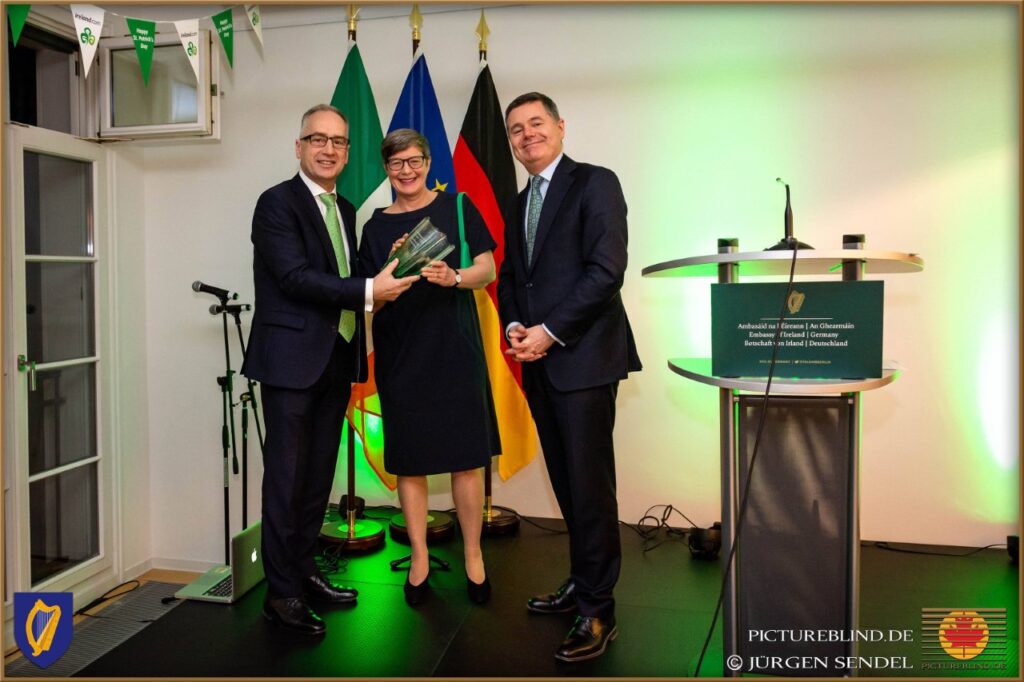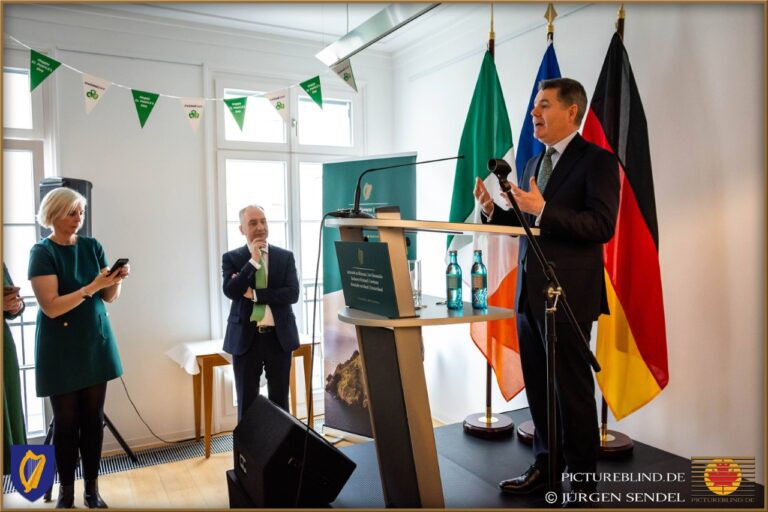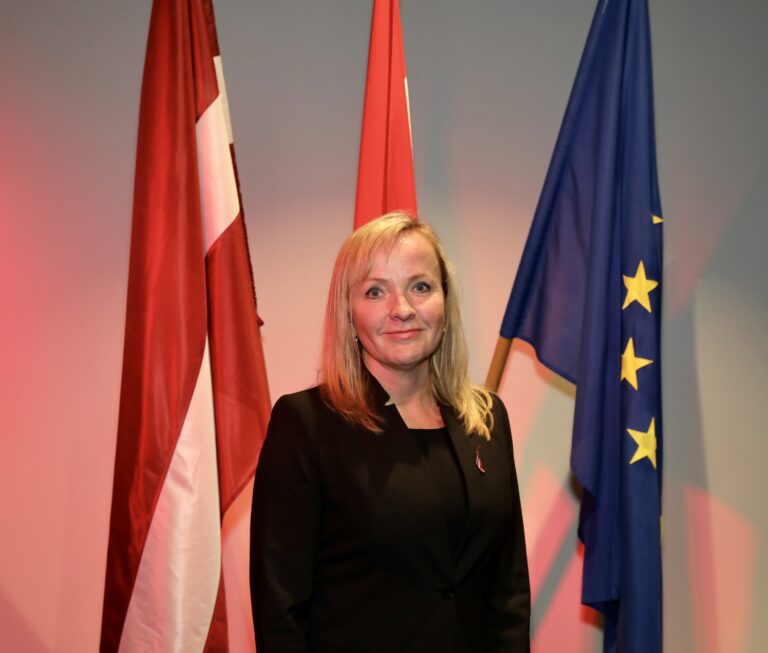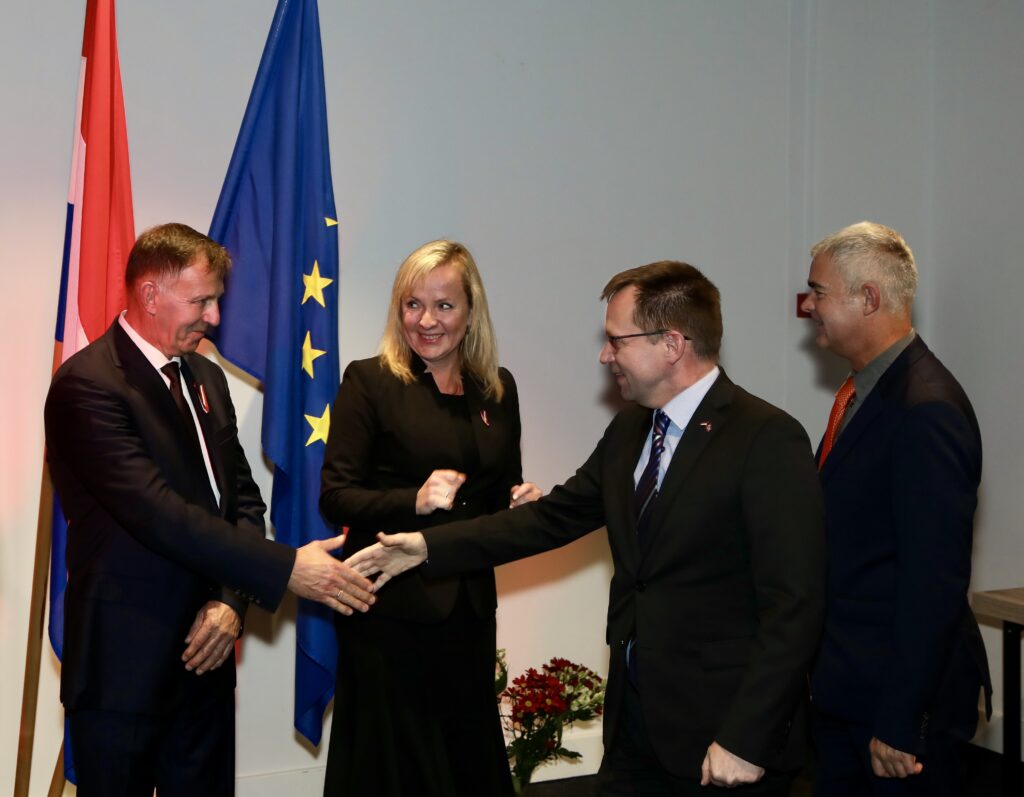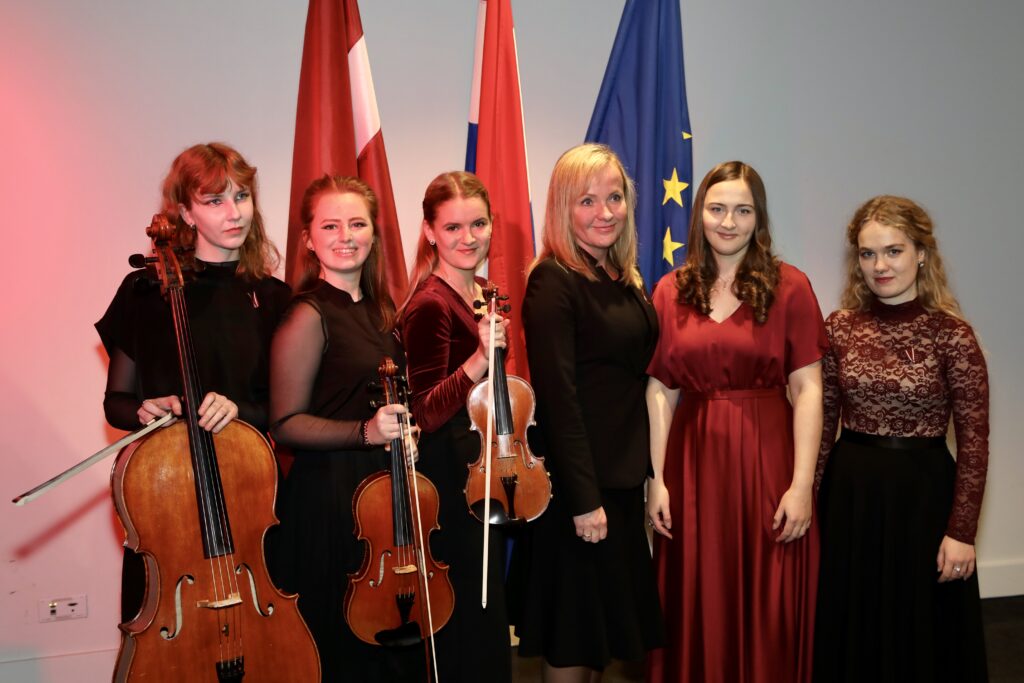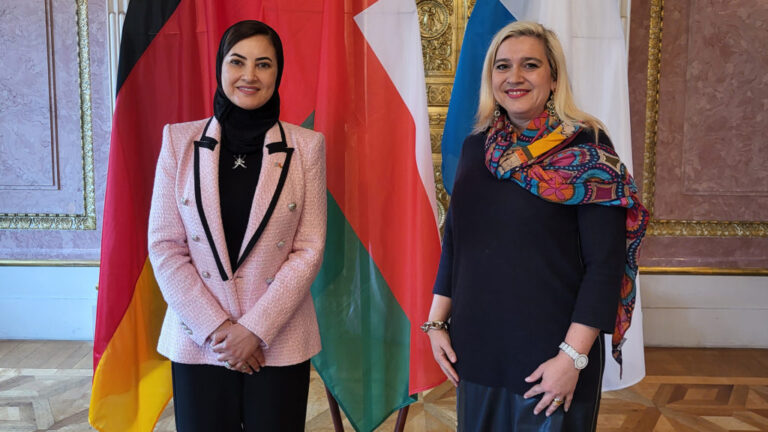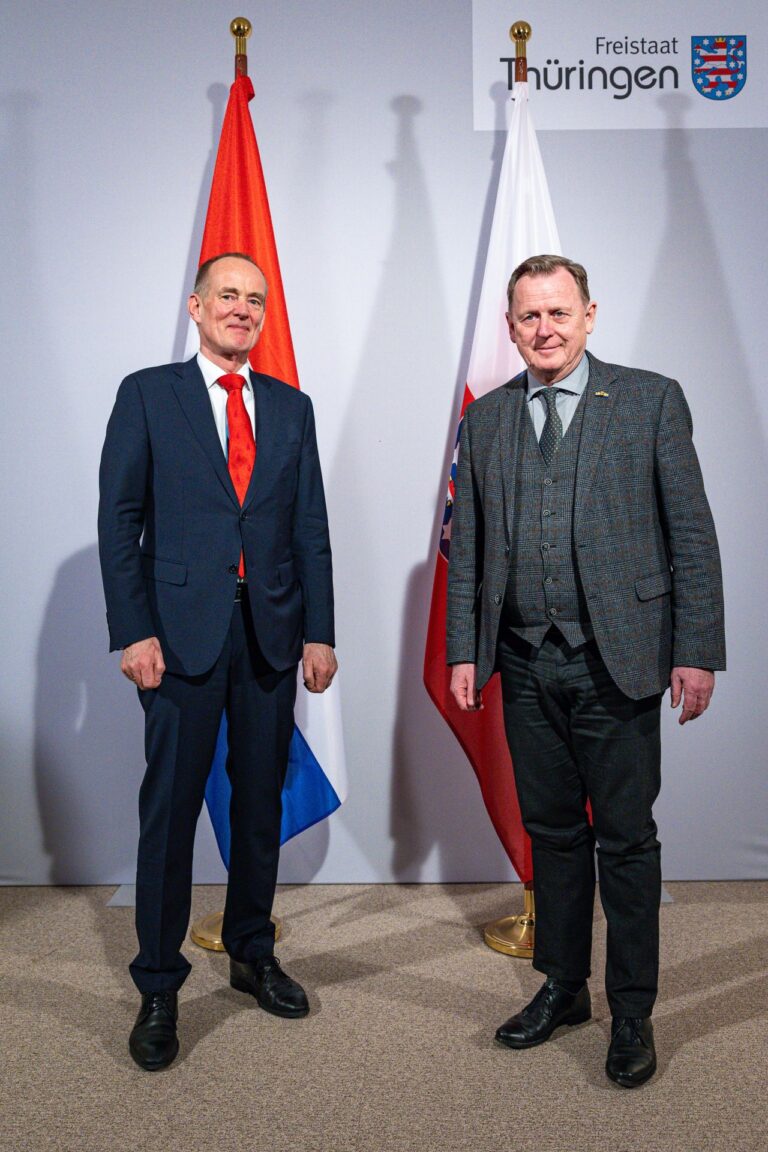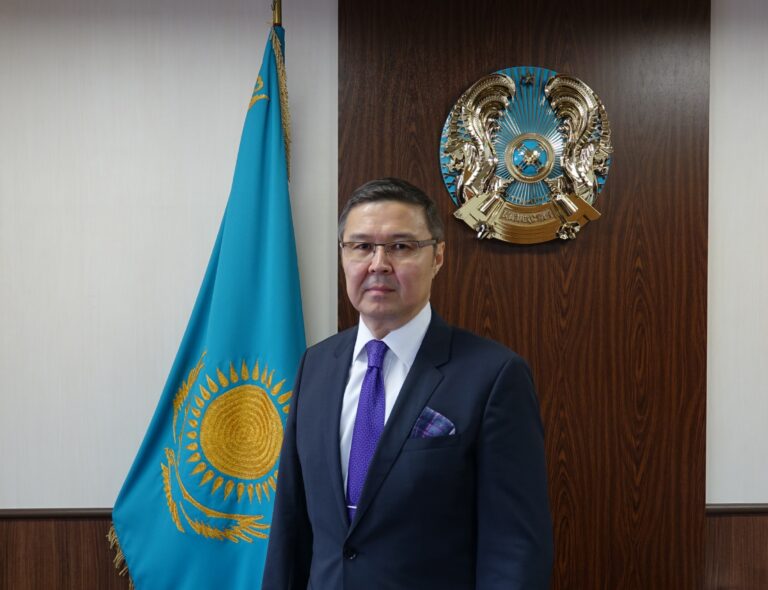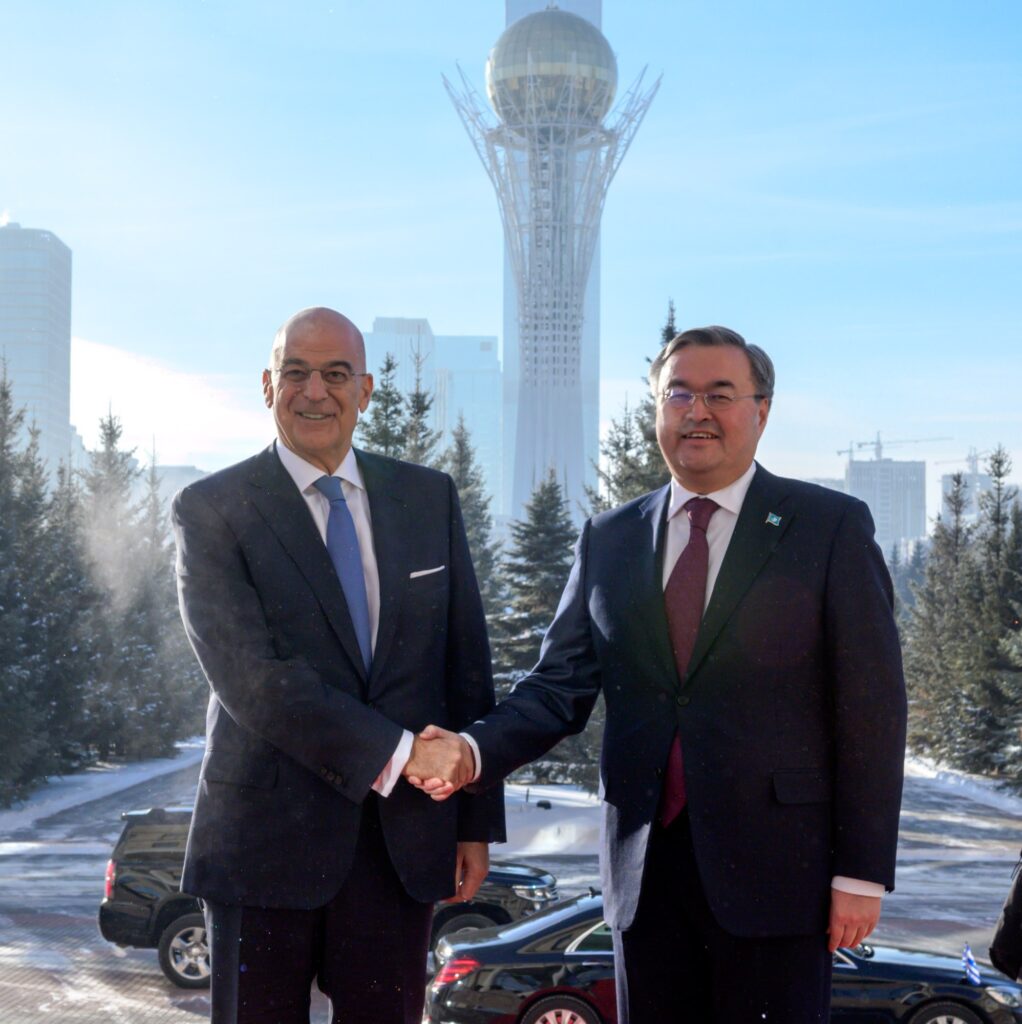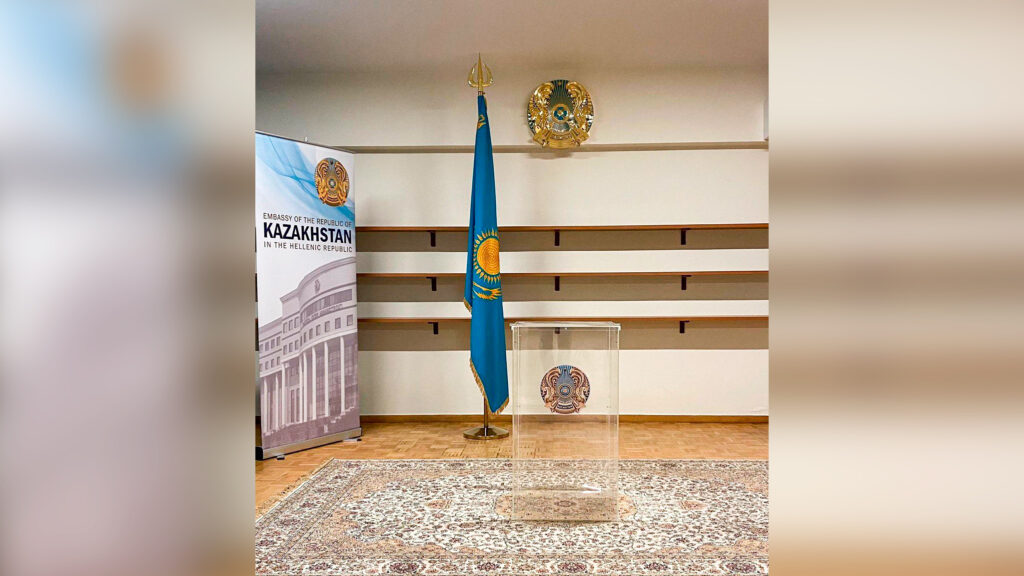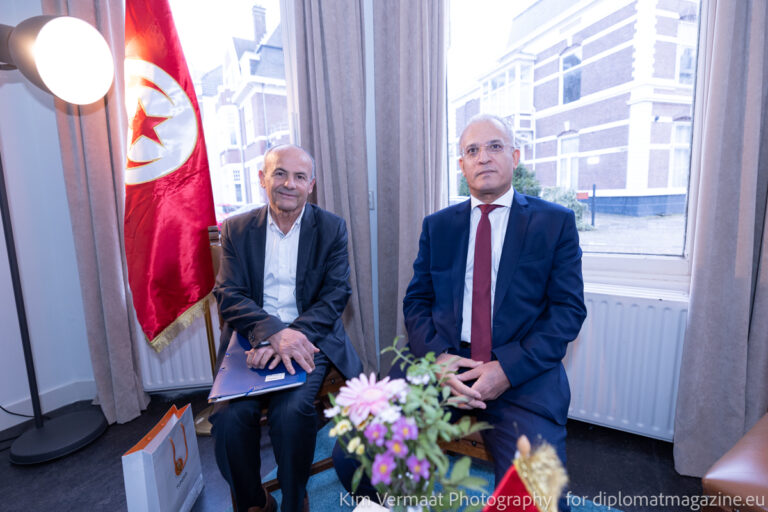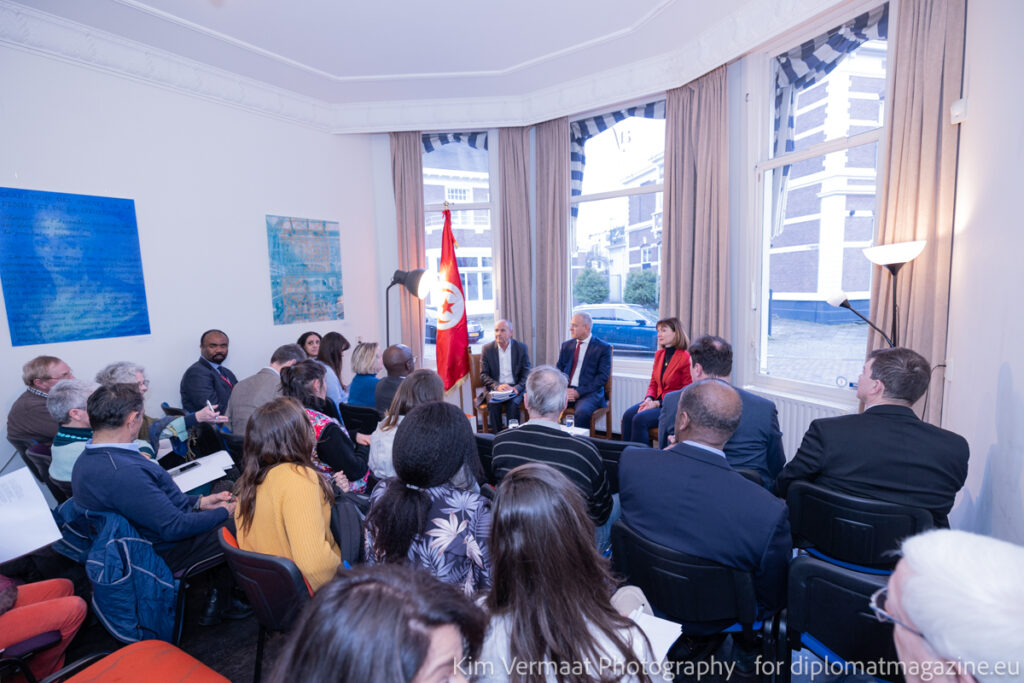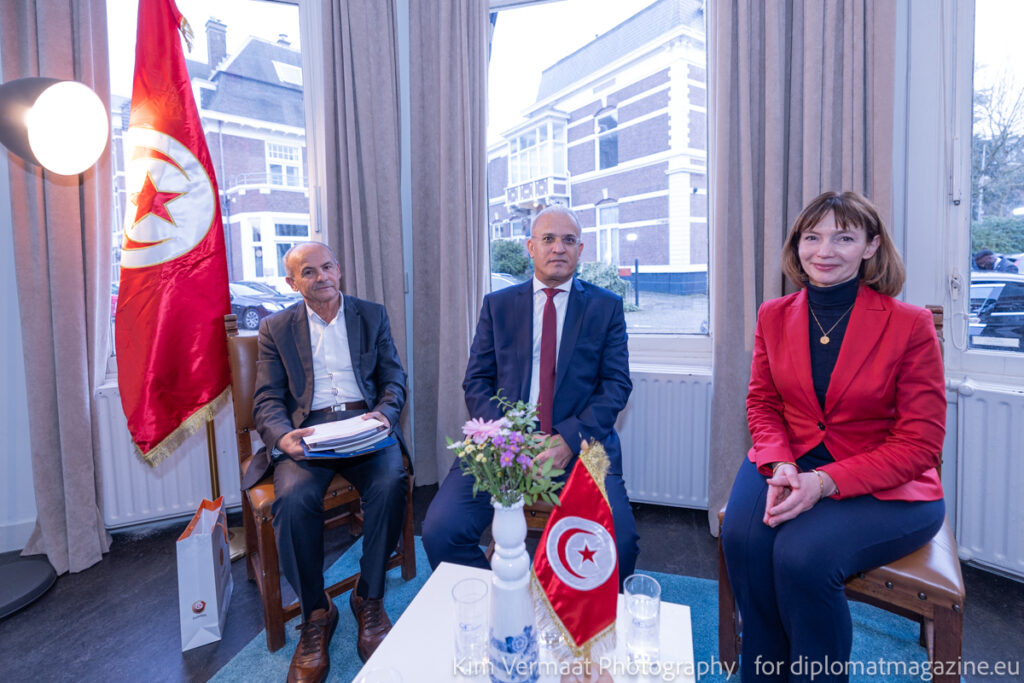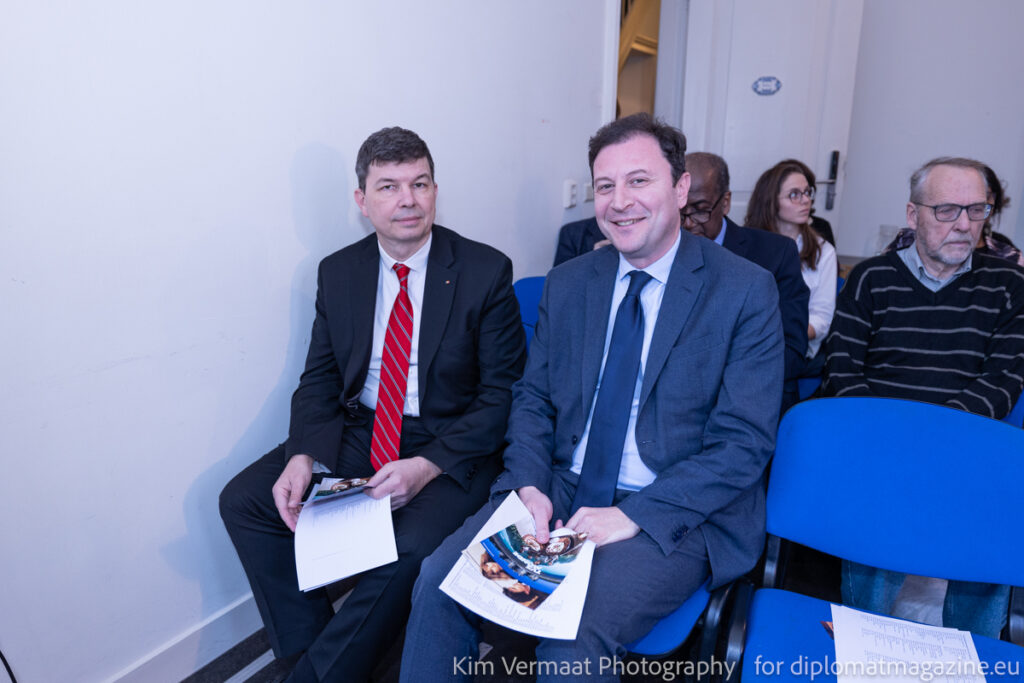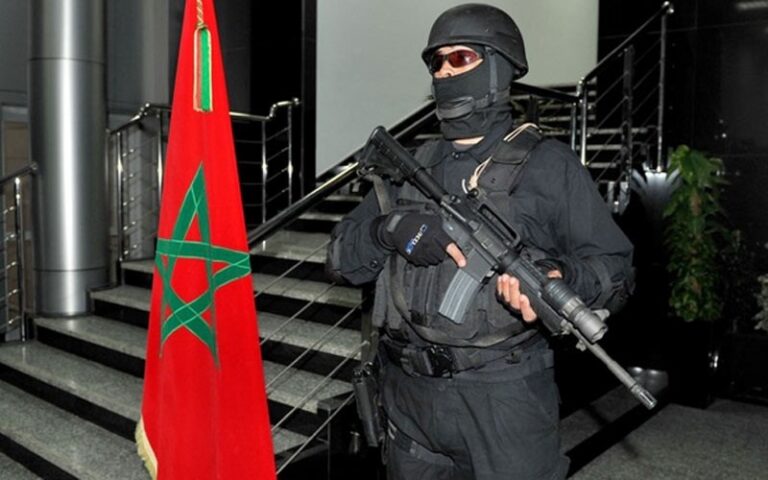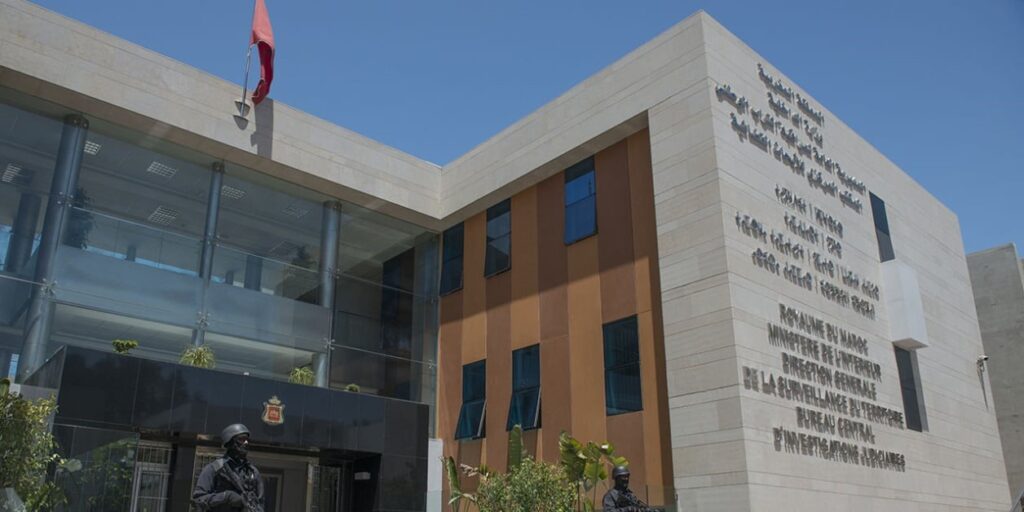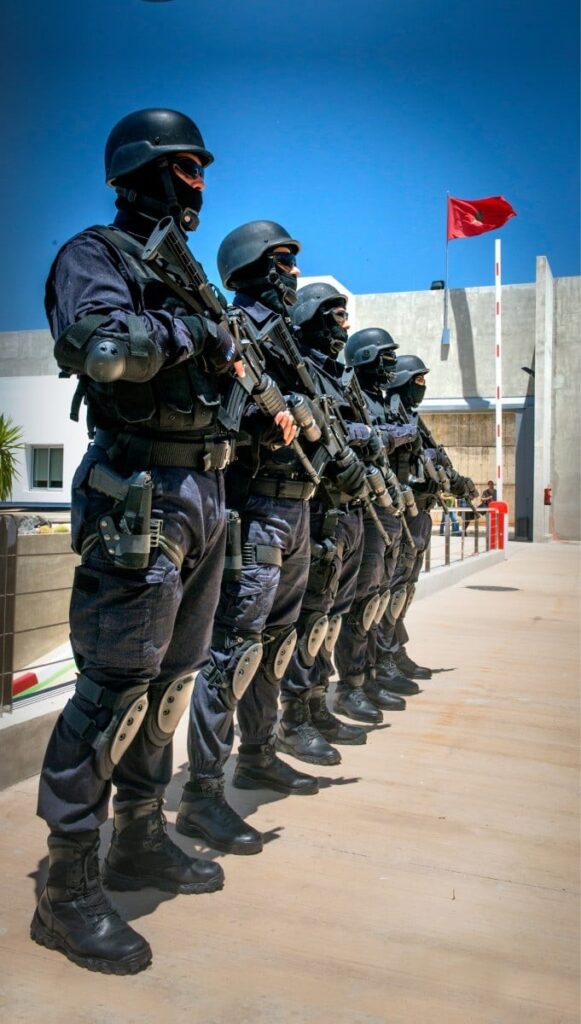By Malika Kadirkhanova, Chairperson of the Senate Committee of the Oliy Majlis on Women and Gender Equality
At the current stage of reforms in Uzbekistan, reforms to protect the rights and legitimate interests of women, provide social support to women in need, and ensure gender equality continue to occur systematically. The strategy for achieving gender equality in Uzbekistan until 2030 was adopted in order to take these things to a qualitatively new level.
The marriage age for men and women was set at 18, and the list of jobs with unfavorable working conditions, in which women’s labor is prohibited in whole or partially, was abolished. The position of inspector for working with women was introduced in the internal affairs system.
In accordance with the Decree of the President dd. March 7, 2022 “On measures to further accelerate the work on systematic support of family and women”, the national program for increasing the activity of women in all sectors of the country’s economy, as well as political and social life in 2022-2026 was approved. A number of measures aimed at ensuring the social, political and economic rights of women were determined under this document and their practical implementation is being ensured. In particular, a 4 percent quota was allocated for adult girls from families in need of social protection to study at a higher educational institution.
Starting from February 9, 2022, the length of service for women, which includes the period of maternity leave, has been increased from 3 years to 6 years. The period of working experience for children with disabilities since childhood has been extended from 16 to 18 years.
Since September 2022, pregnancy and childbirth allowances have been established for women in private enterprises and organizations at the expense of the state budget. Interest-free education loans were introduced for women studying at higher education institutions, technical schools and colleges, and the procedure for state reimbursement of contract fees of all women studying at the master’s level was established.
The procedure for covering the educational contracts of low-income family members, orphans or female students deprived of parental care without the condition of reimbursement at the expense of additional resources of the local budget was introduced. In addition, the Alimony Fund was established, and in the case of the debtor being brought to criminal liability for evading the financial support of his minor child, the practice of directing the payment of alimony payments to cover the arrears was established.
Reforms aimed at radically increasing the role of women in the socio-political life and business sphere of our country are still in progress. A unique system was created for preparing socially active women to leadership positions, training, and improving their qualifications. As a result, in 2016, the number of women leaders in our country was 7%, by 2020 this figure has increased to 12%, by 2022 to 27%, and among entrepreneurs to 25%.
A single electronic database of promising women candidates working in state bodies and organizations was created, and a reserve list of more than 25,000 women for leadership was created. In 2022, a program to increase the activity of women in public administration was developed with the participation of ministries and agencies, and directed towards the implementation.
Today, at the system of state and public organizations, about 1,400 women are working in leadership positions at the level of republics and regions, and more than 43,000 at the level of districts and cities. 48 or 32% of the 150 deputies elected to the Legislative Chamber, are women. It is not an exaggeration to assert that these results are achieved due to the conditions created for women in the field of politics and management to serve for the future of our country.
The Academy of Public Administration and the State Committee for Family and Women developed a 552-hour “School for Women Leaders” program for training female leaders. As part of the program, 100 active women were trained. Data on 142 female graduates of the Academy during the period of 1996-2021 were compiled and included in the national personnel reserve database. At the same time, a single information system was created to record women victims of harassment and violence. 29 centers, including 1 republican center, 14 regional centers and 14 exemplary inter-district centers for rehabilitation and adaptation of women are operating effectively.
Further Strengthening the Legal Framework
Women are making a worthy contribution to the development of New Uzbekistan. This is the result of the reforms implemented to strengthen the influence of women and protect their rights and interests in the most basic aspects of society – political, economic, and social spheres.
In recent years, significant efforts have been made to further strengthen the legal basis for ensuring gender equality in all areas. The important measures have been taken to reinforce the legislative and institutional basis of achieving these goals, and more than 20 normative legal documents have been adopted aimed at further improving the system of comprehensive support of women, protection of their rights and legal interests.
The concepts of “gender expertise” and “gender audit” were introduced into the national legislation. A law was adopted on the simplification of the legal basis of the adoption procedure. Those who committed a minor crime and served a sentence were allowed to adopt a child pursuant this document.
Furthermore, a law was adopted to guarantee the rights of women in a difficult social situation. Based on the recommendation of the UN, the Law “On Protection of Women from Harassment and Abuse” and other relevant legal documents were improved, the concept of “domestic violence” was included in the law, and responsibility for domestic violence was established as a separate crime. Currently, the mechanism of protection of women from harassment and abuse has been improved, a draft law defining the procedure for issuing a protection warrant for one year by a court decision has been developed and submitted to the Legislative Chamber.
Within the framework of the Gender Equality Strategy of the Republic of Uzbekistan by 2030, the Central Election Commission has established 11 indicators monitoring the participation of women and men on an equal basis at all stages of the election in order to involve women and men in the election process on equal terms, to ensure equal rights and opportunities for women and men in the formation of election commissions. During 2022, the importance of women and the provision of labor rights were set as a separate indicator in the ranking of single personnel departments in state bodies and organizations.
The basis of legal regulation of labor relations has been improved in the Labor Code adopted in 2022 in accordance with international standards on human and labor rights. More than twenty new norms protecting women’s labor rights were included in this Code. In particular, citizens’ rights to dispose of their abilities to work, to exercise them in any form not prohibited by law, to freely choose the type of training, profession and specialty, workplace and working conditions were particularly strengthened.
Execution of International Documents
Uzbekistan submits periodic national reports to the UN Human Rights Council on the implementation of international conventions and pacts. Parliamentary supervision over compliance with international obligations in the field of human rights has been established.
As part of the implementation of the gender strategy, the issue of implementation of the International Labor Organization conventions “Equal relations and equal opportunities for working women and men: workers with family responsibilities”, “Part-time work”, and “Housekeeping” into our national legislation has been considered. Proposals were developed on the expediency of the Republic of Uzbekistan’s accession to the Hague Convention on the international order of child support and other forms of family support. Currently, a draft law is in the process of being enacted to this international document.
Last year, the national action plan for the implementation of the UN Security Council resolution “Women, Peace and Security” and the “roadmap” for 2022-2025 were approved by the republican commission on increasing the role of women and girls in society, gender equality and family issues. Based on this document, it was decided to adopt temporary special measures to increase the number of women in leadership positions and encourage them.
In addition, the work has been started to prevent cases of violence against women, to expand their protection, to strengthen the fight against human trafficking, including trafficking of women and children, and to increase the readiness and responsibility of the competent state bodies to prevent the risk of violence against women.
The regulation of issues related to the rights of labor migrants is of particular importance for Uzbekistan. Therefore, in 2019, our country became a member of the International Organization for Migration. A special fund was established to support persons working abroad, to protect their rights and interests. In 2022, the “Cotton Campaign” coalition, which unites companies that produce finished products from cotton and trade in cotton products, recognized the complete elimination of forced and child labor in Uzbekistan and canceled the ban on Uzbek cotton. Moreover, in the annual report of the US Department of Labor “List of goods produced by child labor and forced labor – 2022”, Uzbek cotton was removed from the list of goods produced by child labor and forced labor.
Today, constitutional reforms are being implemented in our country. The draft constitutional law “On amendments and additions to the Constitution of the Republic of Uzbekistan” has been prepared. The draft law was subjected to gender-legal expertise.
On July 20, 2022, an international public discussion (consultation) was held in the city of Tashkent on the topic “Reflection of provisions on women’s rights in world constitutions”. At the event, suggestions were made for further development of the constitutional and legal basis of ensuring the effective protection of women’s dignity, rights, freedoms and legal interests.
Today in our country, ensuring the rights and interests of women, gender equality, developing women’s entrepreneurship, creating new jobs for them, improving working and living conditions has become a priority of state policy. This, in turn, serves to increase the influence of women in the most basic aspects of society – political, economic, social spheres, their activity in each field, and the participation of our sisters in the life of society is expanding year by year.
